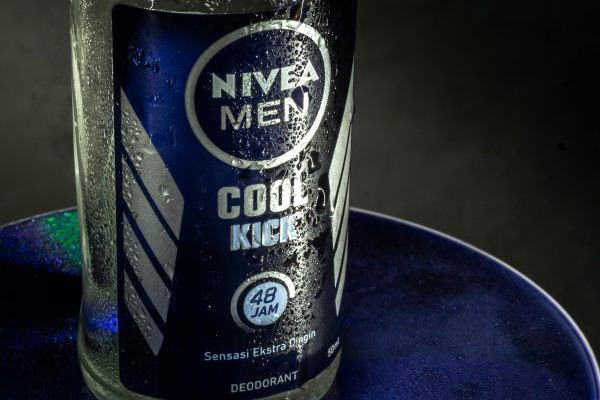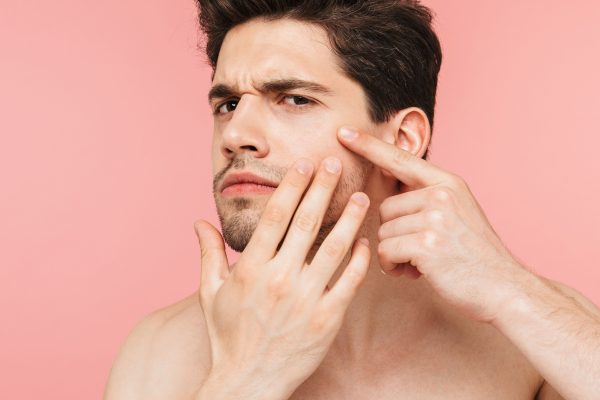Hydration is a cornerstone of optimal health, particularly for men. Understanding the role of water in maintaining physiological balance, promoting metabolic function, and enhancing overall well-being is essential. In this comprehensive guide, we delve into the nuances of hydration, examining how much water men need and the profound impact it has on their health.
Why Hydration is Crucial for Men’s Health
Water is vital for life. It makes up about 60% of an adult male’s body weight and is involved in nearly every major bodily function. From regulating body temperature to lubricating joints, water plays a crucial role in keeping the body functioning properly. Water is key to regulating body temperature through the process of sweating and respiration. Adequate hydration ensures that the body can effectively cool itself, preventing heat-related illnesses and maintaining overall comfort, especially during physical activity. Hydrated joints are well-lubricated joints, reducing the risk of injuries and enhancing flexibility. For men who engage in regular physical activity or strenuous labor, proper hydration supports muscle function, reduces cramping, and aids in faster recovery post-exercise. Water aids in digestion by helping to break down food and absorb nutrients more effectively. It also assists in removing waste products through urination, perspiration, and bowel movements. Proper hydration supports metabolic processes, optimizing energy production and fat metabolism. The brain is highly sensitive to changes in hydration levels. Even mild dehydration can impair cognitive functions, including concentration, alertness, and short-term memory. Furthermore, adequate water intake is essential for mood regulation, reducing the likelihood of experiencing feelings of anxiety and depression. The amount of water a man needs can vary based on several factors, including age, weight, activity level, and climate. However, general guidelines suggest that men should aim for about 3.7 liters (125 ounces) of water per day. This includes all fluids consumed, not just water. The National Academies of Sciences, Engineering, and Medicine recommend a daily water intake of approximately 3.7 liters for men. This total includes water from beverages and food, as about 20% of our daily fluid intake usually comes from food. Men who engage in intense physical activities or have physically demanding jobs may require more water to compensate for fluid lost through sweat. It is advisable to drink an additional 1.5 to 2.5 cups of water for every hour of intense activity. Hot or humid weather can increase the need for water as the body loses more fluid through sweat. Similarly, living at higher altitudes or in dry climates can also elevate hydration requirements. Recognizing the signs of dehydration is crucial for maintaining optimal health. Some common symptoms include: Maintaining proper hydration involves more than just drinking water. Here are some tips to help ensure you stay well-hydrated: Having a reusable water bottle on hand encourages regular water consumption. Opt for a bottle with measurements to track your intake throughout the day. Incorporate fruits and vegetables with high water content into your diet. Foods like cucumbers, watermelon, oranges, and lettuce contribute significantly to overall hydration. Use technology to your advantage by setting reminders on your phone or smartwatch to drink water at regular intervals. Keep an eye on the color of your urine. Light yellow urine generally indicates proper hydration, while darker shades may signal the need for more fluids. Ensure you are well-hydrated before starting any physical activity. Drink water during exercise to replace fluids lost through sweat and continue hydrating post-workout to aid in recovery. Long-term hydration has far-reaching effects on men’s health, influencing everything from cardiovascular health to kidney function. Proper hydration supports heart function by helping to maintain adequate blood volume and pressure. Dehydration can lead to increased blood viscosity, putting additional strain on the cardiovascular system. The kidneys rely on adequate fluid intake to filter waste products from the blood and excrete them through urine. Chronic dehydration can lead to kidney stones and other renal complications. Drinking water can aid in weight management by promoting satiety and reducing overall calorie intake. It is particularly effective when consumed before meals, helping to prevent overeating. Hydrated skin is more elastic and resilient, reducing the appearance of wrinkles and promoting a youthful complexion. Adequate water intake supports skin health from the inside out. Hydration plays an integral role in maintaining and enhancing men’s health. By understanding the importance of water in various physiological processes and recognizing the signs of dehydration, men can take proactive steps to ensure they remain well-hydrated. Adopting habits such as carrying a water bottle, consuming water-rich foods, and monitoring urine color can significantly contribute to better hydration and overall health.
2. Joint Lubrication and Muscle Function
3. Metabolic and Digestive Health
4. Cognitive Function and Mood Regulation
How Much Water Do Men Need?
1. Baseline Recommendations
2. Adjustments for Activity Level
3. Environmental Considerations
Signs of Dehydration
Tips for Maintaining Optimal Hydration
1. Carry a Water Bottle
2. Eat Water-Rich Foods
3. Set Reminders
4. Monitor Your Urine
5. Drink Before, During, and After Exercise
The Impact of Hydration on Long-Term Health
1. Cardiovascular Health
2. Kidney Function
3. Weight Management
4. Skin Health
Conclusion
Studies and Sources
https://www.ncbi.nlm.nih.gov/pmc/articles/PMC2908954/
https://www.ncbi.nlm.nih.gov/pmc/articles/PMC2908954/
https://www.ncbi.nlm.nih.gov/books/NBK109996/
https://pubmed.ncbi.nlm.nih.gov/22820429/
https://www.ncbi.nlm.nih.gov/pmc/articles/PMC2908954/
https://www.ncbi.nlm.nih.gov/pmc/articles/PMC5581466/
https://pubmed.ncbi.nlm.nih.gov/16264089/
https://pubmed.ncbi.nlm.nih.gov/9274847/
https://journals.lww.com/nutritiontodayonline/Fulltext/2010/07000/Water,_Hydration,_and_Health.3.aspx
https://www.europeanhydrationinstitute.org/the-importance-of-good-hydration-for-health/
“`html
FAQs: The Role of Hydration in Men’s Health
Question: How much water should men drink daily?
The National Academies of Sciences, Engineering, and Medicine recommend that men aim for about 3.7 liters (125 ounces) of water per day. This includes all fluids consumed, not just water.
Question: What factors can increase a man’s water needs?
Factors that can increase water needs include physical activity, hot or humid weather, living at higher altitudes, and having a physically demanding job. Men should drink additional water to compensate for fluid loss in these situations.
Question: What are the signs of dehydration in men?
Common signs of dehydration include thirst, dark urine, fatigue, dizziness, and dry skin. Recognizing these symptoms can help men take action to rehydrate promptly.
Question: How does hydration affect cognitive function?
Even mild dehydration can impair cognitive functions such as concentration, alertness, and short-term memory. Staying well-hydrated supports better cognitive performance and mood regulation.
Question: What are some tips for maintaining optimal hydration?
Some tips for maintaining optimal hydration include carrying a water bottle, eating water-rich foods, setting reminders to drink water, monitoring urine color, and drinking water before, during, and after exercise.
“`





